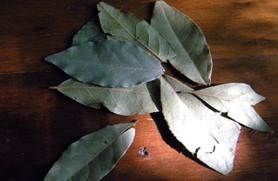Plants that repel flies are priceless, especially in rural landscapes. In truth, I have always disliked flies. I just didn't know how much until we moved to acreage and began to raise chickens and goats. An irritation with flies turned into a hatred of them. It was a giant battle to keep them out of the kitchen. I even hired a couple of my children as hit men...a penny a fly.
That probably would have worked pretty well except I failed to figure in the over-zealousness of children. After a few days of rampant fly swatting which included locations like the warm platter of cookies, the dog, and Dad's head it became apparent that either we would need protective gear or another solution should be found.
Advertisement
Protective gear can be hot in Texas in the summer. We opted for another solution.
